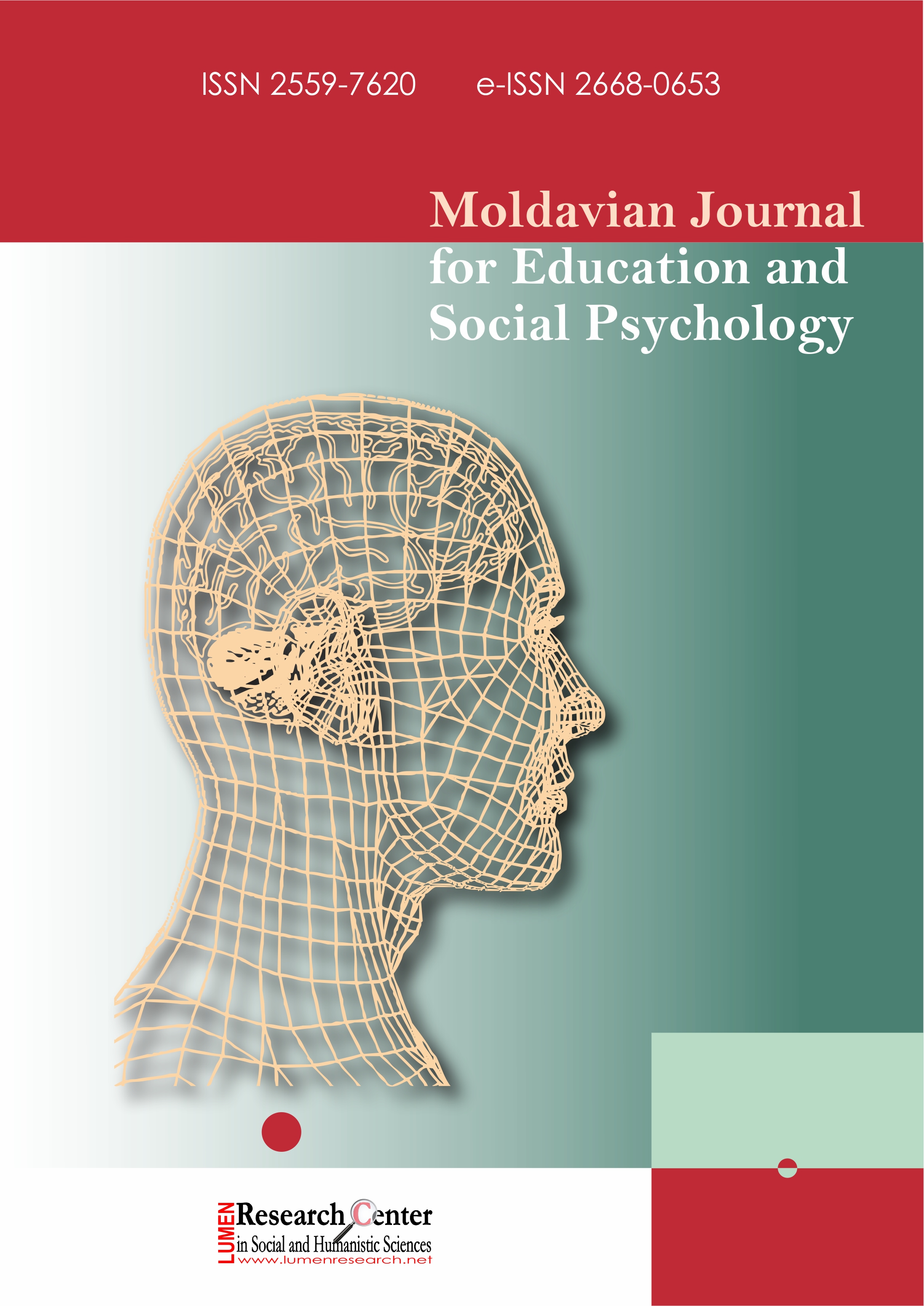The Relationship Between Future Perception Tendency and Sustainable Consumption Behaviors
The Relationship Between Future Perception Tendency and Sustainable Consumption Behaviors
Author(s): Burak Demir, Ali TatarSubject(s): Sociology, Environmental interactions
Published by: Editura Lumen, Asociatia Lumen
Keywords: Perceiving the Future; Sustainable Consumption; Environment; Short Term and Long Term Thinking;
Summary/Abstract: As a result of studies examining individual differences in temporal perception and the relationship of these differences with sustainable behavior, it has been observed that long-term perception predicts participation in pro-environmental attitudes and sustainable consumption behaviors. In this study, the relationship between the differences in future perceptions and sustainable consumption behaviors was examined in terms of individuals residing in the Turkish Republic of Northern Cyprus (TRNC). In order to test this relationship, “Sustainable Consumption Behaviors” scale and CFC (Consideration of Future Consequences) scale were used. Since the normality assumption of the data could not be achieved, it was decided to use nonparametric tests. As a result of the analysis of the data, collected from 319 participants who were accessed online, it was found a statistically significant but a weak relationship between "Perception Tendency of the Future" and "Sustainable Consumption Behaviors". While no statistically significant relationship was found between the "Short-Term Thinking Tendency" subscale and "Sustainable Consumption Behaviors", it was found that the "Long-Term Thinking Tendency" subscale had a statistically significant relationship with "Sustainable Consumption Behaviors". In line with this finding, it was determined that those who tend to think long-term do their consumption behavior by taking sustainability into account compared to the group who thinks short-term. In addition, it has been determined that there is a noticeable difference between those who do sports and those who never do, and in this context, those who do sports differ significantly in terms of environmental awareness, unnecessary purchasing and sustainable consumption behaviors compared to those who do not do sports. It has been determined that the importance given to healthy eating is significantly related to long-term thinking, similarly, as the importance given to healthy nutrition increases, consumption becomes more environmentally friendly, and as the importance given to healthy nutrition decreases, consumption behavior that takes into account sustainability is abandoned.
Journal: Moldavian Journal for Education and Social Psychology
- Issue Year: 6/2022
- Issue No: 1
- Page Range: 15-34
- Page Count: 20
- Language: English

